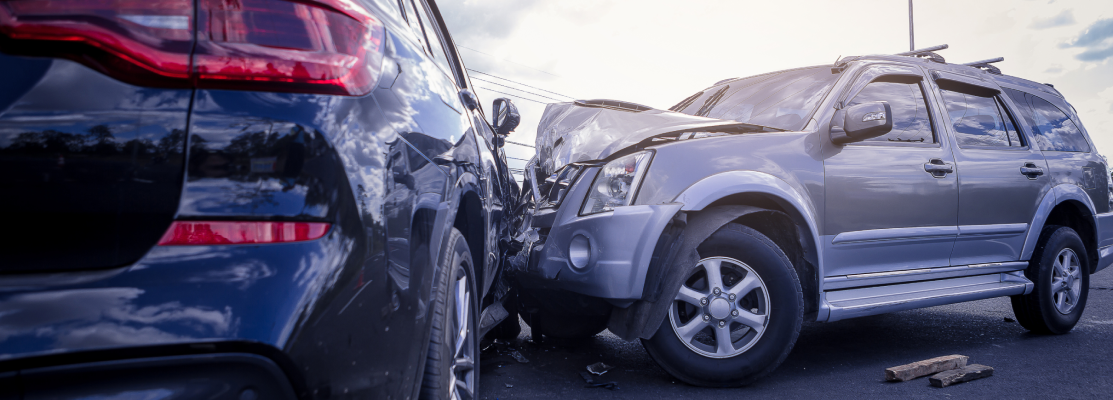151 College Dr Suite 5
Orange Park, FL 32065
Guidelines
Is It Okay to Move Your Car After a Crash?
After a car crash, safety is the first priority. The risk
of danger doesn’t always end with the initial collision.
If your vehicle is still operational, it is generally
safe—and often required by law—to move it out of traffic
to prevent further accidents. Here’s what you need to know
about when and how to move your car after a crash.
When to Move Your Car
If your car is still drivable and it’s safe to move it,
you should:
- 1. Move Out of Traffic: If your vehicle is blocking traffic, moving it to the shoulder or a nearby safe location helps reduce the risk of additional accidents. Many states have “move over” laws requiring drivers to clear the roadway if possible after minor crashes.
- 2. Assess the Situation: Before moving the vehicle, make sure you or any passengers aren’t injured. If there are injuries or if you suspect the vehicle is unsafe to drive, leave it where it is, turn on your hazard lights, and wait for help.
- 3. Document the Scene: If it’s safe, take pictures of the accident scene before moving your car. This documentation will be crucial for your insurance claim and any legal issues that arise. Be sure to capture vehicle damage, license plates, road conditions, and other relevant details.

When You Shouldn’t Move Your Car
- 1. If Your Car Is Immobilized: If the vehicle is too damaged to drive or you are unable to move it safely, it’s best to stay where you are. Turn on your emergency blinkers to alert other drivers, call 911, and remain in your vehicle until the authorities arrive.
- 2. High-Traffic Areas: If you are in a dangerous, high-traffic area and cannot safely exit your vehicle, it’s often safer to stay inside with your seatbelt fastened. Once emergency services arrive, they will take charge of the situation and guide you to safety.
- 3. Severe Injuries: If someone is seriously injured in the accident, leave the vehicles where they are to avoid complicating the situation for emergency responders. Moving an injured person or the vehicle in such cases can exacerbate the injury.
What to Do After Moving Your Car
- • Call 911: Even if the accident seems minor, report it to the police, especially if there are any injuries or significant damage.
- • Exchange Information: Collect essential details from the other driver, including names, contact information, and insurance details.
- • Stay Safe: If you are waiting for authorities, stand as far away from traffic as possible to avoid additional risks.
Seek Assistance from the Best Personal Injury Attorney
If your vehicle is drivable and moving it won’t pose a
danger, it’s safer to get it off the road to prevent
further accidents and clear the way for other drivers.
However, if the vehicle isn’t safe to move or if anyone is
injured, leave it where it is and wait for emergency
responders.
For expert legal advice on accident-related claims,
consult a personal injury attorney to protect your rights.
Contact us for a free consultation, and we’ll guide you through every step following an
accident.
